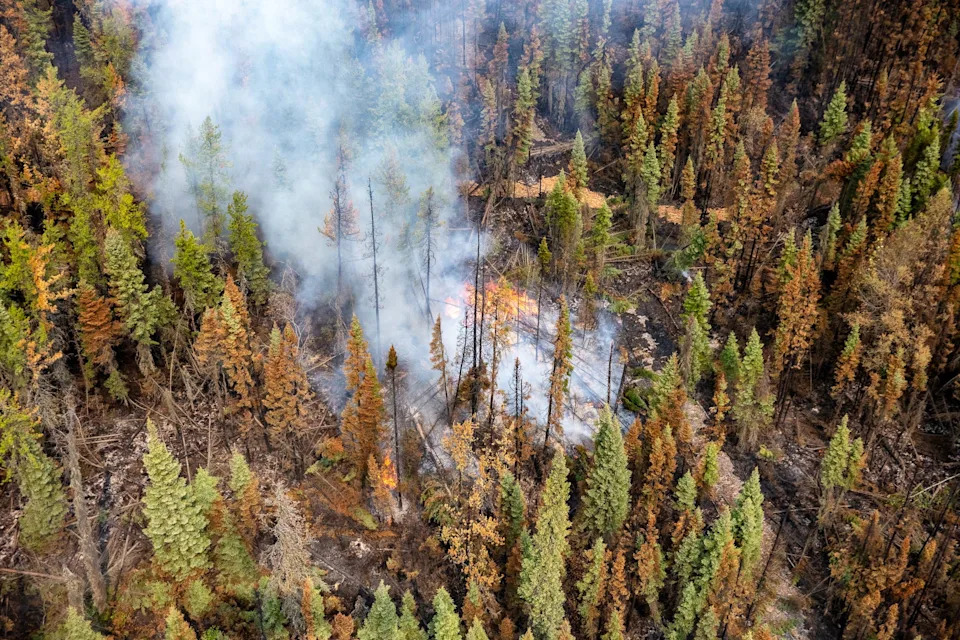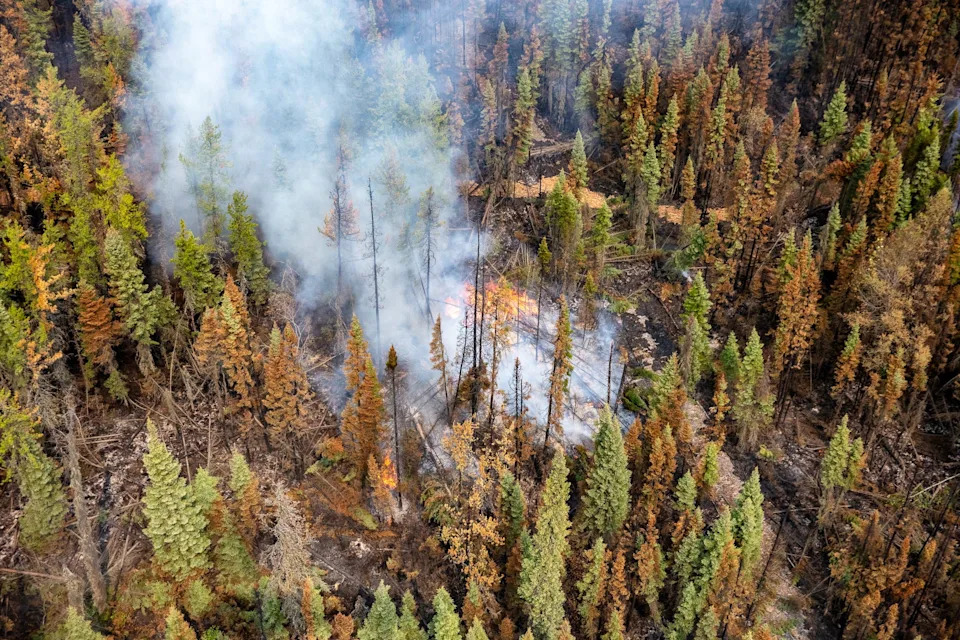
From thunderstorms to scorching heat, weather forecasters are suggesting people stay indoors this week.
On Sunday, Western and northern Massachusetts are most likely to have to deal with rain showers and thunderstorms. Rain is expected to last until 11 a.m. in these areas, while there could be rain in Boston until 2 p.m.
There’s also an air quality alert for the Berkshires.
Due to this, officials recommend limiting strenuous outdoor physical activity to reduce the risk of adverse health effects. People who may be especially sensitive to the effects of elevated levels of pollutants include the very young and those with asthma or heart disease.
Starting Monday, there is a heat advisory for most of the state.
It is expected to feel like 95 degrees Monday and 100 by Tuesday. Officials are worried about heat illnesses.
“Drink plenty of fluids, stay in an air-conditioned room, stay out of the sun, and check up on relatives and neighbors,” the National Weather Service warned.
They also suggested limiting strenuous activities to early morning or evening.
When the heat index is this high, it can cause heat cramps, heat exhaustion or heat stroke, especially with prolonged exposure or physical activity.
Massachusetts has reported about 30 people have died due to heat over the past decade, “and the frequency of these deaths is increasing as the climate changes.” For these people, heat was listed as either the main or contributing cause of death, including excessive natural heat, excessive heat of man-made origin or effects of heat and light.
Two people died in June 2024 due to heat in Massachusetts, according to the Massachusetts Department of Public Health. Two other died due to heat later in the year.
But the numbers aren’t complete as death certificates don’t always reflect the role heat played — and it expands beyond Massachusetts, experts told the Associated Press.
In 2023, more than 2,300 people died in the U.S. due to excessive heat, according to their death certificates, PBS reported. It was the highest number in 45 years, according to the AP.
A government website warns that the most serious climate-related health hazards in Massachusetts result from an increased number of very hot summer days, increased precipitation leading to flooding, increased storm-related inland and coastal flooding and rising sea levels.
“Climate change is expected to increase the number of days over 90 degrees Fahrenheit each year, which may increase hospitalizations for heat-related illnesses,” the website states. “Climate change may also alter existing patterns of environmentally related diseases (e.g., asthma) and result in new health threats, such as tropical mosquito-borne illnesses.”
In 2005, there was an average of about nine days above 90 degrees. By 2030, Massachusetts is predicted to have more than 22 days above 90 degrees. By 2070, that number is expected to increase to more than 40 days.
More weather
Read the original article on MassLive.








Comments